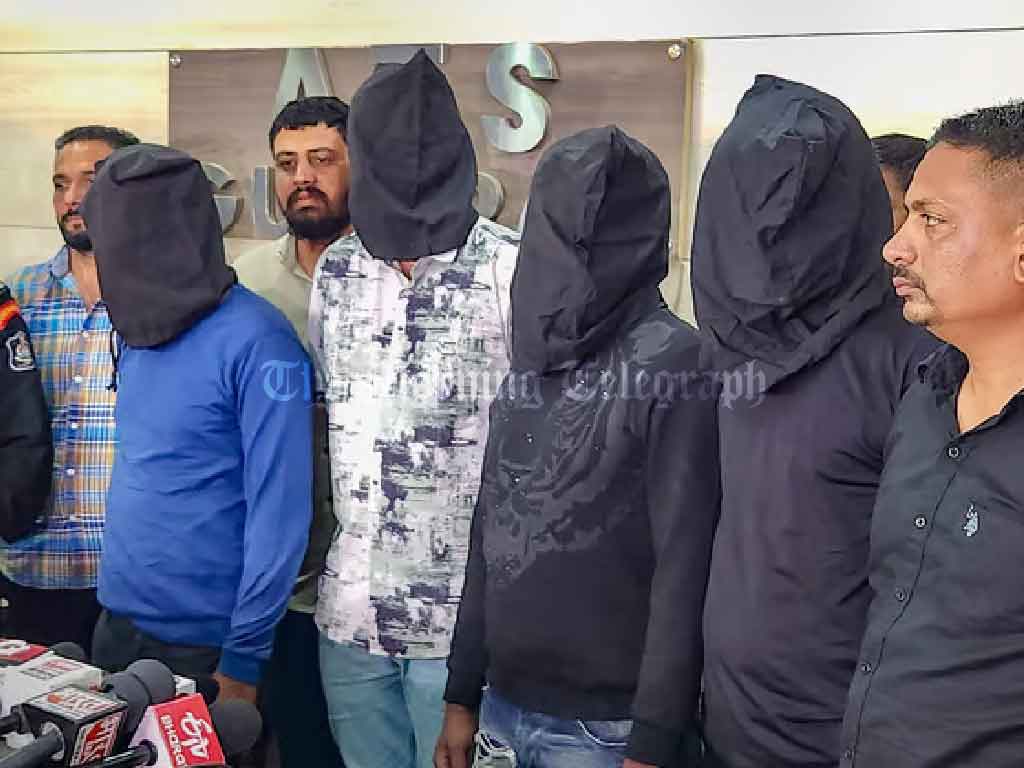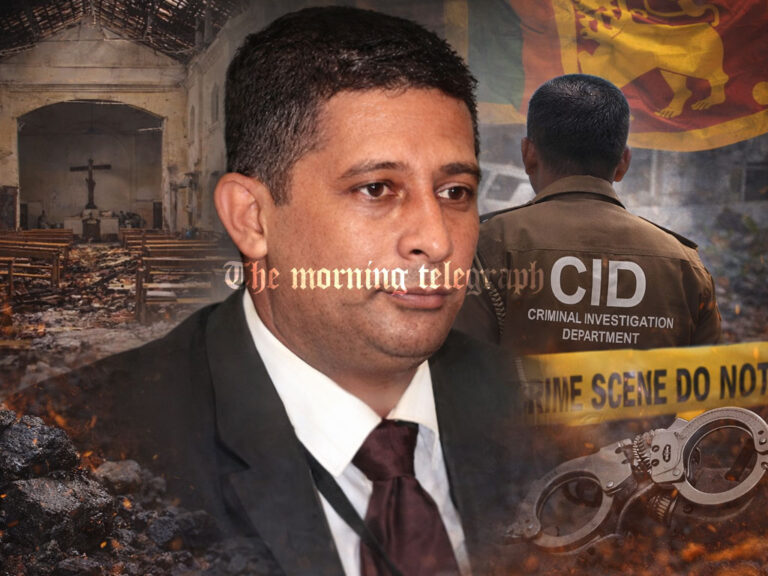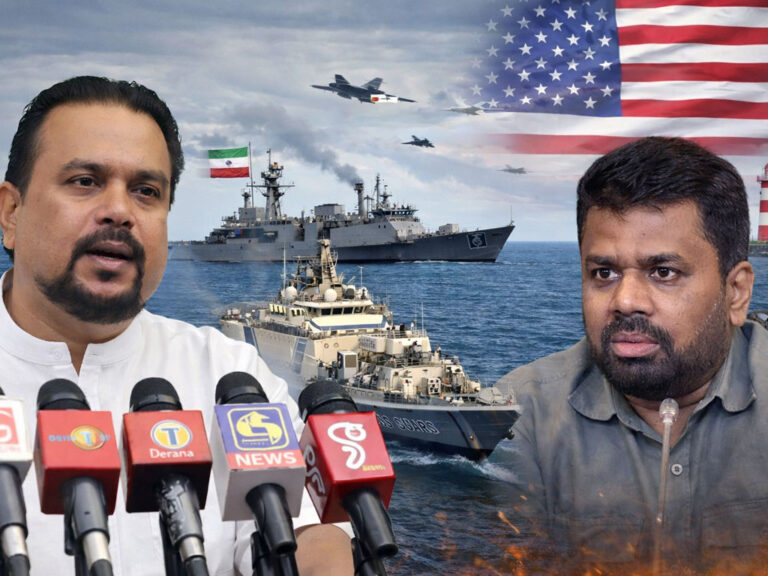
The All Ceylon Muslim League Youth Front (ACMLYF) has stepped forward to advocate for four Sri Lankans arrested in Gujarat, India, under allegations of terrorism and links to ISIS. The organization has reached out to K. Nawaz Kani, a Member of Parliament for the Indian Muslim League, urging him to investigate the arrests and ensure a fair review of the charges.
The detained individuals—Mohammed Nusrat, Mohammed Nafran, Mohammed Rashdeen, and Mohammed Faris—were apprehended on May 19 at Ahmedabad Airport by Gujarat’s Anti-Terrorism Squad. Indian authorities claimed the arrests were part of a larger operation to prevent potential disruptions during the Indian general elections. Allegations include links to the banned Sri Lankan group National Thowheed Jamaat (NTJ), as well as ISIS recruitment facilitated by a Pakistani national, identified as Bakr al-Baghdadi.
Sri Lankan authorities, including the previous government, have categorically denied any evidence linking the suspects to extremist activities. Sham Nawaz, President of ACMLYF, expressed serious concerns over the contradictory statements between Indian and Sri Lankan investigations. While Indian media reports suggest the suspects had plans to incite unrest during the elections, Sri Lankan probes have reportedly found no substantial connections to ISIS or any acts of terrorism.
“India has a responsibility to clarify the status of these investigations,” Nawaz stated, emphasizing that it is critical to resolve the matter to avoid harming the detainees and Sri Lanka’s diplomatic relationship with India. He also questioned whether Sri Lankan officials have been granted consular access to the detainees, as mandated by the Vienna Convention on Consular Relations.
Nawaz also pointed out that the accusations have placed undue pressure on the families of the detained individuals. “The families are being monitored and questioned incessantly by local law enforcement, even though the allegations remain unsubstantiated,” he added.
The ACMLYF criticized the Sri Lankan government for its perceived inaction on the issue. Nawaz revealed that despite assurances from former Minister of State for External Affairs Tharaka Balasuriya during a June meeting, no official response or assistance has been provided to date. He urged the new administration under President Anura Kumara Dissanayake to prioritize the case in diplomatic discussions with Indian Prime Minister Narendra Modi.
The lack of representation at the diplomatic level is particularly concerning given the allegations’ potential to strain Sri Lanka’s Muslim community relations, which have already been fragile since the 2019 Easter Sunday attacks. “These baseless claims should not further marginalize the Muslim community or tarnish their reputation,” Nawaz said.
Indian authorities allege the suspects had connections with the NTJ and that they were influenced by extremist propaganda following interactions with a Pakistani national. The NTJ was held responsible for the 2019 Easter Sunday bombings, which claimed over 270 lives, including those of 11 Indian nationals.
Nawaz emphasized that if the accusations are valid, the suspects should be charged formally under Indian law. If not, they should be released immediately to prevent further diplomatic friction.
He further noted that the arrests might not feature prominently in upcoming talks between President Dissanayake and Prime Minister Modi. However, he stressed that the issue should not be overlooked, given its potential ramifications on bilateral relations and the treatment of Sri Lanka’s expatriates.
ACMLYF has also sought the intervention of Professor K.M. Kader Mohideen, President of the Indian Muslim League, hoping for an impartial investigation that aligns with international legal standards. Nawaz underscored the need for an independent inquiry within Sri Lanka to verify the claims and reassure the public of the detainees’ innocence or culpability.
“After months of silence, it’s time for the Sri Lankan government to engage with India proactively and demand clarity. The lack of communication from the Ministry of External Affairs is unacceptable, and we must ensure our citizens’ rights are protected,” Nawaz said.
The ACMLYF also expressed fears that the broader Muslim community in Sri Lanka could face further stigmatization if the allegations remain unaddressed. Nawaz called for a balanced approach, urging both governments to focus on facts rather than assumptions to resolve the matter.
As the case continues to raise questions about transparency, human rights, and diplomatic protocol, Nawaz reiterated the ACMLYF’s commitment to seeking justice for the four detainees while safeguarding the integrity of Sri Lanka’s Muslim community.




